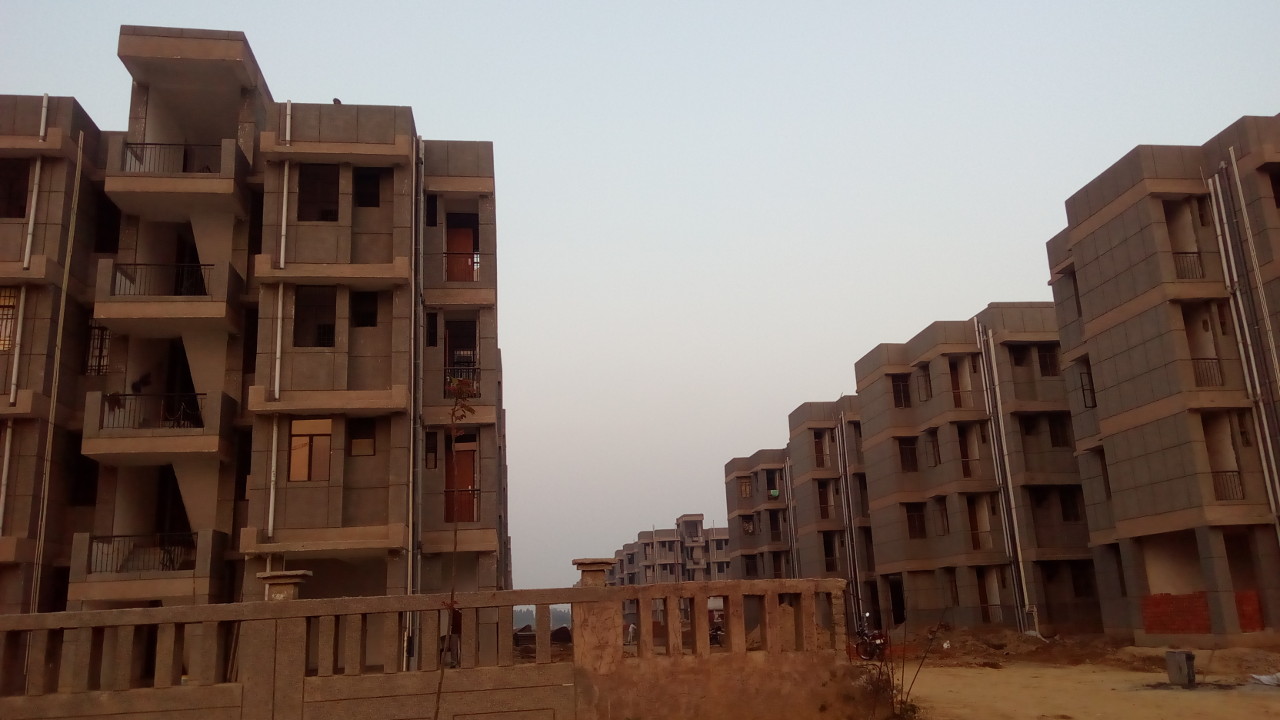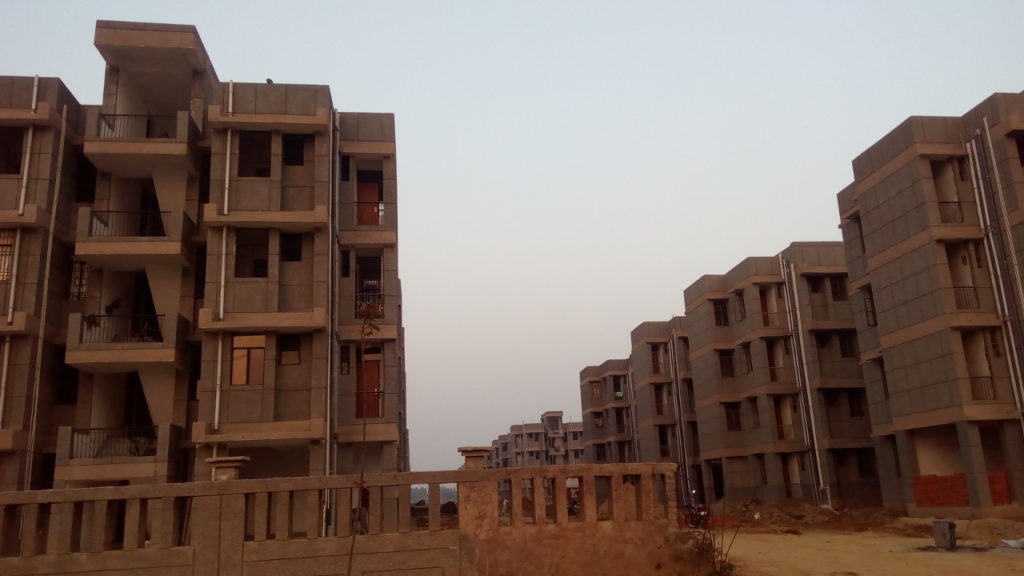In the India Union Budget 2017, the government has introduced a slew of measures that affects a large number of Indian population. Income tax rates for individuals the lowest taxable income slab (Rs 2.5 lakh – Rs 5 lakh) has been halved to 5%, which should have a positive impact on the Indian real estate market as well. The government has also announced a lot of measures that should have a positive impact on the Indian property market.

Boost to Affordable Housing
Granting of infrastructure status to affordable housing will boost investment in this category.
The scope for affordable housing has been widened by increasing the criteria on size of the house property for affordable housing scheme. Under the scheme for profit-linked income tax deduction for promotion of affordable housing, carpet area instead of built up area of 30 square metres and 60 square metres will be counted.
In four metro cities (Delhi, Mumbai, Kolkata, Chennai), the 30 square metres limit will apply only in case of municipal limits of the metropolitan cities. For the rest of the country, including in the peripheral areas of metros, houses up to 60 square metres will be entitles to government schemes and provisions for affordable housing. This means most of the new houses being constructed benefit from the increased size for qualification as affordable homes.
With carpet area of 60 Sq M (approximately 646 Sq Ft) being counted for eligibility towards affordable housing, most of the houses and apartments being built in areas such as Noida, Greater Noida, and Mumbai suburbs will be entitled for the benefit. Most apartments with super area, or saleable area, up to 1,250 Sq Ft would have a carpet area under 646 Sq Ft.
For builders for whom constructed buildings are stock-in-trade, tax on notional rental income will only apply after one year of the end of the year in which completion certificate is received.
In addition, there will be a relaxation in the income tax exemption scheme by extending period of completion of the project from the current 3 years to 5 years.
Lower Tax Liability on Property Capital Gains
The government has announced that profits generated through sale of property after 2 years will now qualify as long-term capital gains for tax purposes. Earlier, only gains from sale of property after 3 years qualified as long-term capital gains. Reduction in the holding period for computing long-term capital gains from transfer of immovable property from 3 years to 2 years. The number of financial instruments (long-term capital bonds) to reinvest profit from property sale and save taxes will be increased.
This will reduce tax liability on income from sale of property as long-term capital gain generally attracts lower tax in comparison to short-term capital gains, which gets clubbed in taxable income and taxed at standard income tax slabs accordingly.
Also, the base year for indexation is proposed to be shifted from 1.4.1981 to 1.4.2001 for all classes of assets including immovable property. The shifting of base year for indexation to 1 April 2001 means that the capital gain/profit calculated for taxation on sale of properties acquired before this date will be significantly reduced.
For Joint Development Agreement signed for development of property, the liability to pay capital gain tax will arise in the year the project is completed.
Special relaxation for Andhra Pradesh residents: Exemption from capital gain tax for persons holding land on 2.6.2014, the date on which the State of Andhra Pradesh was reorganised, and whose land is being pooled for creation of capital city of Andhra Pradesh under the Government scheme.
